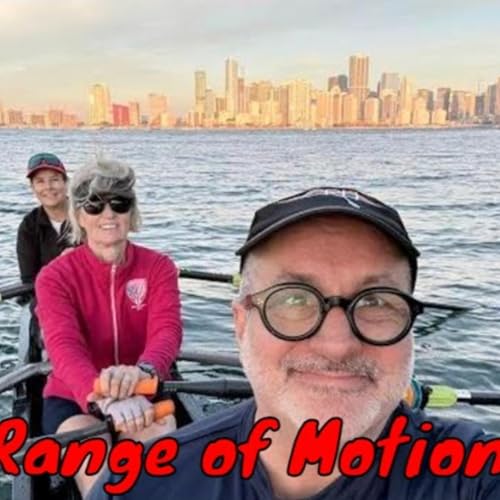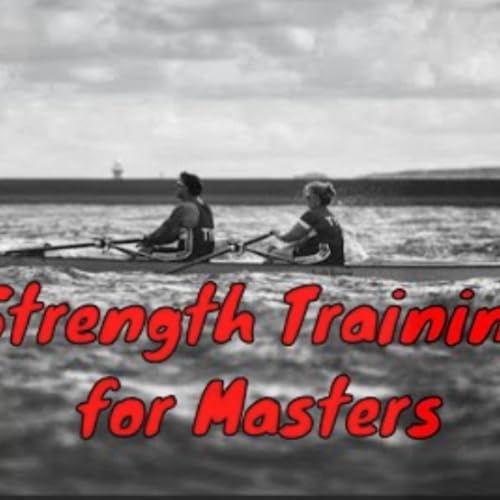Looking backwards to go forwards: what rowing taught me about big tech and what big tech taught me about rowing with Matt Brittin. Timestamps 01:00 From schoolboy to the Olympics - from a family of ball sport heros. Matt was inspired by Martin Cross to row to a high level - he was his school teacher. Later he was President of his university club where he led the introduction of professional coaching. 04:00 Rowing teaches skills Matt was running Google in Africa, Middle East and Europe for the past 10 years - he tells a lot of anecdotes about rowing. Steve Gunn (a harsh coach) taught how to take responsibility for what you are doing. Are you a piece of sh*t on the end of the oar? When the mindset is right but the self-appraisal was not. The things Matt learned at rowing were the human things - more useful than Business School, Consultancies and University. I wouldn't be where I am in the business world without the rowing lessons. 08:30 Act like an owner The unique side of rowing is that when I'm seat racing, I'm against you. When we are in the crew, I'm with you. Act like an owner at Google - take responsibility for what you're doing and win as a team. We collaborate hard - and sometimes a collaborative competitiveness gives a better outcome. 11:00 High Pressure Situations The start line of a Henley Royal Regatta final is where Matt felt the most intense pressure. Take confidence from the feeling of nerves and the adrenaline surge - this is a sign you are ready for a big performance. Get the attention off yourself - focus on the process is helpful. Know there is someone there who wants you to succeed. 14:45 Henley Royal Regatta Progress Matt is a Henley steward - he marks the progress over recent years. Sir Steve Redgrave asked Matt to help the committee to plan a 10 year strategy. It looks unchanging yet it's always evolving. Three new womens quad scull events were announced - near parity in Open events and Womens events. Since 2015 every race has been on YouTube live and on demand. You Win or You Learn. 20:00 Returning to Rowing It has been a joy and a recalibration too. The gains as you come back are lovely - rediscovering the joy. A lot is about remembering the feelings. How to balance training and travelling for work. How you manage your time at work is important. Matt blocks his diary to take kids to school twice a week - the most important time of the week. He does the same for rowing training. The discipline when traveling of visiting the hotel gym. The more senior you get the more important it is to show up refreshed and feeling great - in good shape. Leaders need to be in the moment and to have time for staff. Matt is planning to mentor people in business, improve his sculling, rowing strength training this year. Masters rowing is "running up the down escalator". It doesn't have to be the same each year - unlike younger rowing years. Choose something fun to plan for your future rowing.
続きを読む
一部表示
 2026/02/0913 分
2026/02/0913 分 2026/02/0610 分
2026/02/0610 分 2026/01/2912 分
2026/01/2912 分 2026/01/188 分
2026/01/188 分 2025/12/1429 分
2025/12/1429 分 2025/12/081 時間 4 分
2025/12/081 時間 4 分 2025/12/019 分
2025/12/019 分 2025/11/239 分
2025/11/239 分
